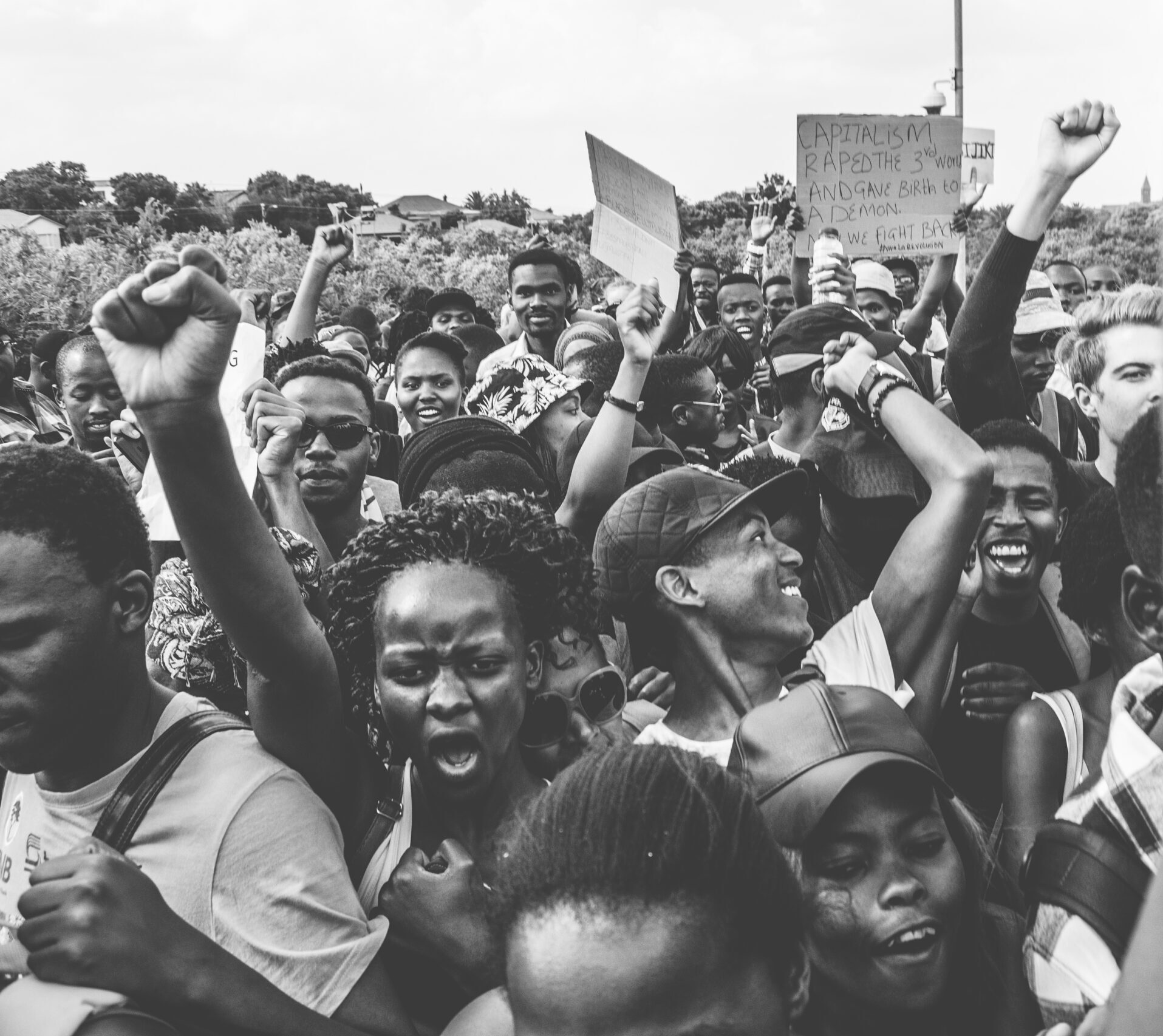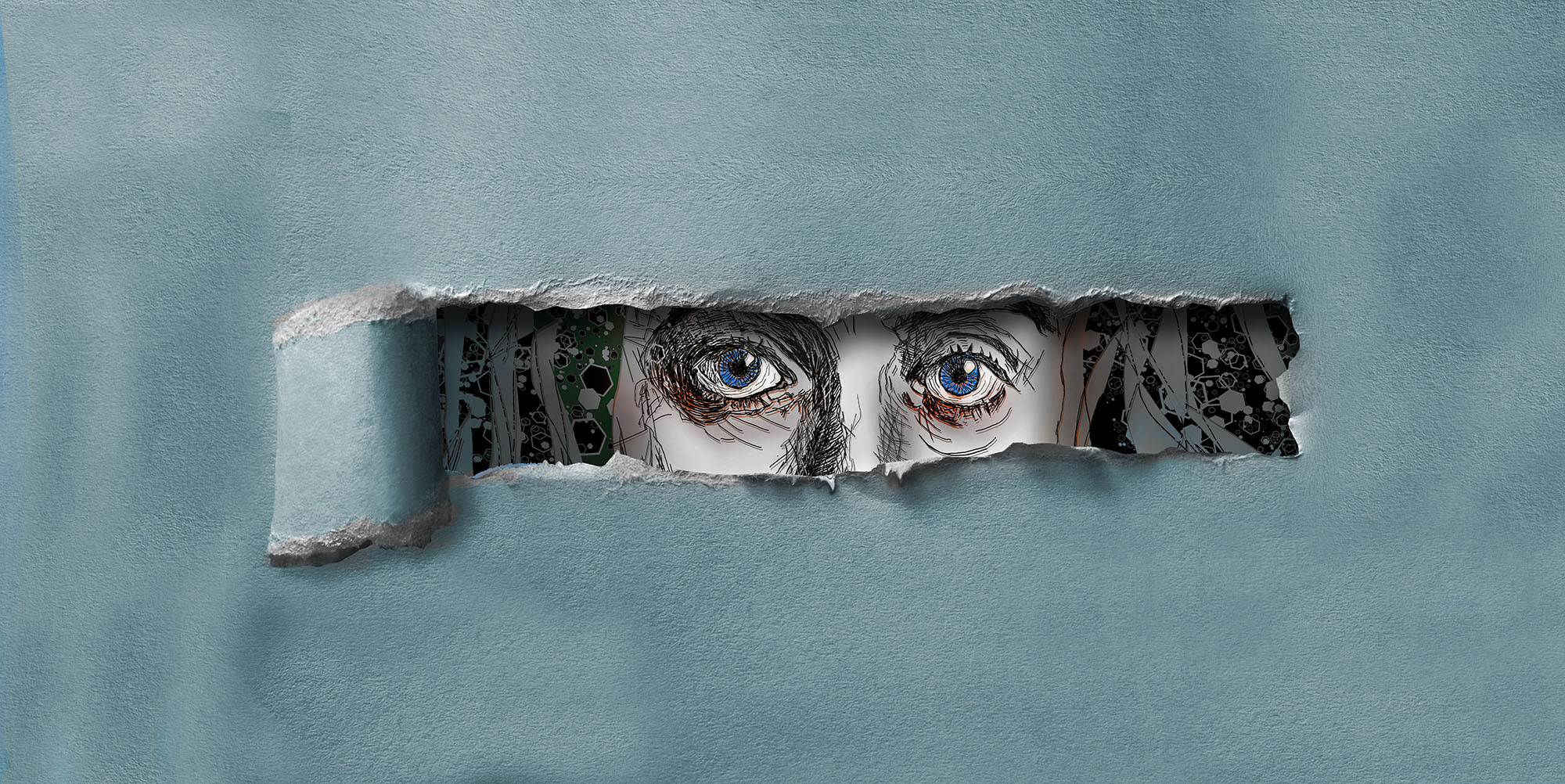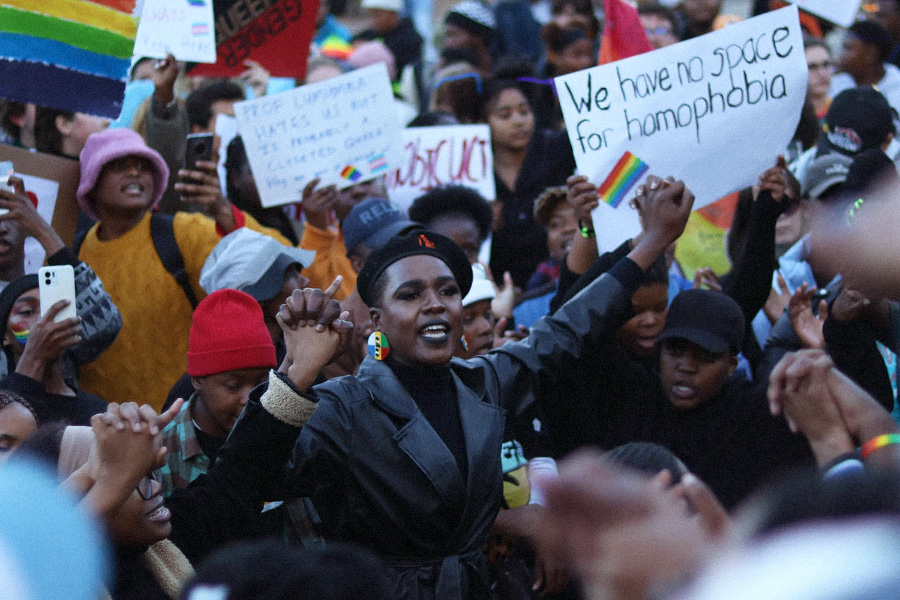Civic Space
Democratic participation empowers individuals, groups of people and civil society at large to actively engage in the protection of their own rights and the rights of others. INCLO strives to protect our right to an active and lively civic space by keeping states in check on questions related to protest rights, crowd-control weapons, and attacks on the democratic space perpetrated by emerging anti-rights movements.
Surveillance and Digital Rights
Our right to privacy protects us from certain forms of online and offline tracking, profiling and harassment. However, spywares, facial recognition technology, internet shutdowns, legal battles over encryption, and Big Tech business models profiting from our digital lives are all factors that put our rights at risk.
Equality and Equity
Sexual orientation and gender identity (SOGI) rights and sexual and reproductive rights are key rights to achieve the advancement of equality and equity for all. INCLO members and allies come together to collaborate on an array of projects.


